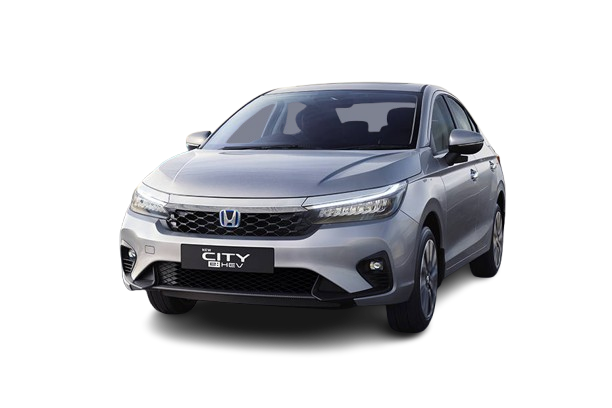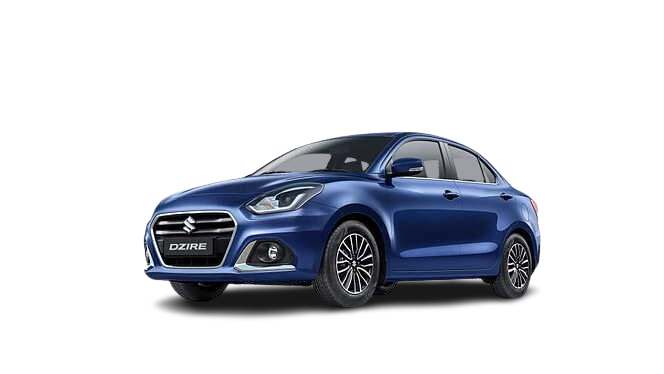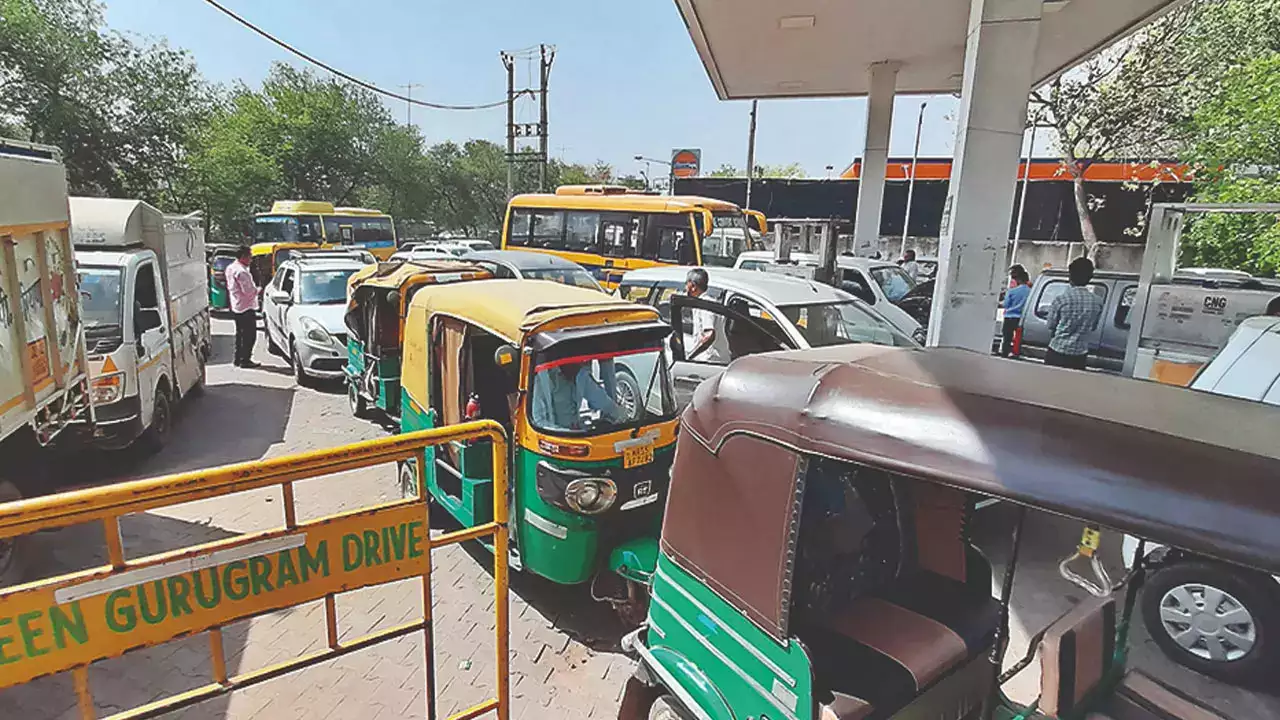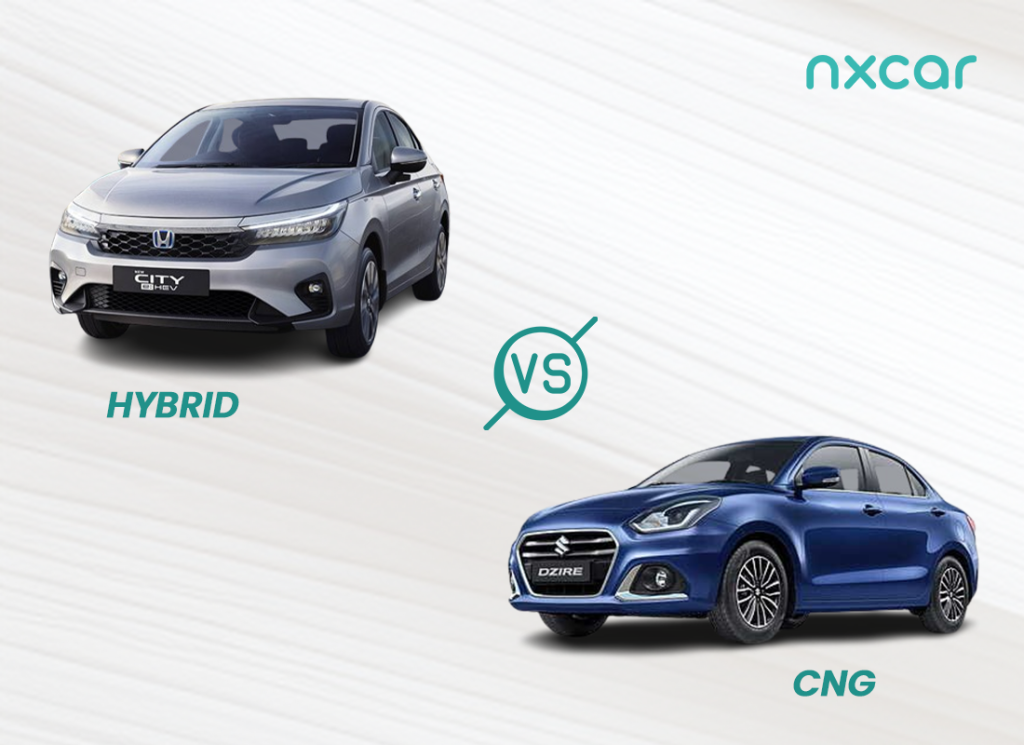Choosing the right car has become more complex than ever, with eco-friendly options flooding the market. You’re standing at a crossroads, trying to decide between two popular green options: Hybrid vs CNG car. On one hand, you’ve got hybrids, blending traditional combustion engines with electric power to create an efficient and tech-savvy ride. On the other hand, CNG cars are touted as clean, affordable, and simple, using compressed natural gas as their primary fuel source. But which one truly fits your lifestyle?
Here’s the problem: Fuel prices are skyrocketing, environmental concerns are growing, and you want to make a smart choice for your wallet and the planet. Yet, every decision comes with a trade-off. Hybrid cars promise the best of both worlds but come with a higher upfront cost. CNG cars, while cheaper to run, often require regular maintenance and access to refueling stations, which aren’t always easy to find. These dilemmas can leave you feeling overwhelmed, questioning which option truly delivers long-term value.
So, what’s the solution? It’s time to break down the Hybrid vs CNG car debate in a way that cuts through the confusion. From performance to fuel efficiency and environmental impact, we’ll explore which option offers the most for your daily commute, your budget, and the world around you. By the end, you’ll have the clarity to make a choice that’s both forward-thinking and practical.
Advantage of Buying a Used Hybrid Car

In the Indian automotive market, opting for a used hybrid car offers a unique blend of practicality and sustainability. With fuel prices constantly fluctuating, hybrids provide a smart solution by combining a conventional engine with electric power, ensuring better fuel efficiency. When comparing Hybrid vs CNG car, hybrids take the lead in versatility. While CNG cars are known for lower emissions, they rely heavily on the availability of refueling stations, which can be limited in many parts of India.
A used hybrid car also provides advanced technology at a more affordable price point. Hybrids typically come with regenerative braking systems and energy-saving mechanisms, allowing you to save on running costs. In the long term, a used hybrid’s lower fuel consumption means reduced environmental impact, especially in congested urban areas like Delhi or Mumbai, where traffic is a constant issue.
Moreover, the resale market for hybrid cars is expanding, making it easier to find reliable options without breaking the bank. In the Hybrid vs CNG car debate, hybrids stand out for their seamless integration of eco-conscious driving and performance, making them a compelling choice for forward-thinking Indian consumers.
Advantage Of Buying a Used CNG Car

Disadvantage Of Buying a Used Hybrid Car

While the idea of owning a used hybrid car may seem appealing due to its fuel efficiency and lower emissions, there are significant downsides to consider, especially in the Indian market. First and foremost, the initial cost of a used hybrid is generally higher than that of a conventional petrol, diesel, or CNG car. The advanced technology packed into hybrids comes at a price, even in the second-hand market, which can make them less accessible for budget-conscious buyers.
When looking at Hybrid vs CNG car, hybrids have more complex components, including electric motors and large battery systems, which can be expensive to repair or replace. In India, where the hybrid infrastructure is still growing, finding qualified mechanics or service centers equipped to handle these repairs can be difficult, potentially leading to higher maintenance costs and longer downtimes.
Additionally, hybrid batteries have a finite lifespan. If you’re buying a used hybrid car, the battery might be nearing the end of its lifecycle, and replacing it can be an expensive affair. In cities with unpredictable traffic conditions like Delhi or Bengaluru, where stop-and-go driving is common, the wear on hybrid components can accelerate, diminishing the long-term value of the vehicle. In the Hybrid vs CNG car debate, this higher maintenance risk is a crucial factor to weigh carefully.
Disadvantage Of Buying a Used CNG Car

Conclusion
While the idea of owning a used hybrid car may seem appealing due to its fuel efficiency and lower emissions, there are significant downsides to consider, especially in the Indian market. First and foremost, the initial cost of a used hybrid is generally higher than that of a conventional petrol, diesel, or CNG car. The advanced technology packed into hybrids comes at a price, even in the second-hand market, which can make them less accessible for budget-conscious buyers.
When looking at Hybrid vs CNG car, hybrids have more complex components, including electric motors and large battery systems, which can be expensive to repair or replace. In India, where the hybrid infrastructure is still growing, finding qualified mechanics or service centers equipped to handle these repairs can be difficult, potentially leading to higher maintenance costs and longer downtimes.
Additionally, hybrid batteries have a finite lifespan. If you’re buying a used hybrid car, the battery might be nearing the end of its lifecycle, and replacing it can be an expensive affair. In cities with unpredictable traffic conditions like Delhi or Bengaluru, where stop-and-go driving is common, the wear on hybrid components can accelerate, diminishing the long-term value of the vehicle. In the Hybrid vs CNG car debate, this higher maintenance risk is a crucial factor to weigh carefully.




